View all Standards for Common Core
CCSS.ELA-LITERACY.RI.9-10.4 Determine the meaning of words and phrases as they are used in a text, including figurative, connotative, and technical meanings; analyze the cumulative impact of specific word choices on meaning and tone (e.g., how the language of a court opinion differs from that of a newspaper).
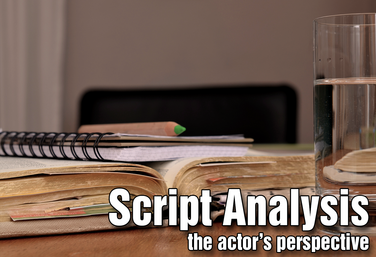
Part of the Drama One Curriculum
Script Analysis: The Actor's Perspective
by Karen Loftus
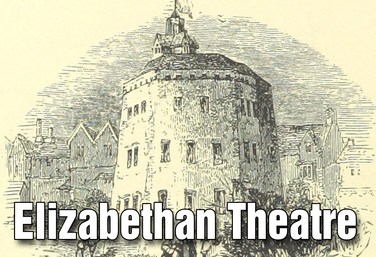
Part of the Drama One Curriculum
Elizabethan Theatre
by Karen Loftus
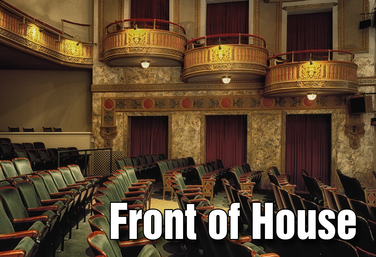
Part of the Drama One Curriculum
Front of House
by Karen Loftus
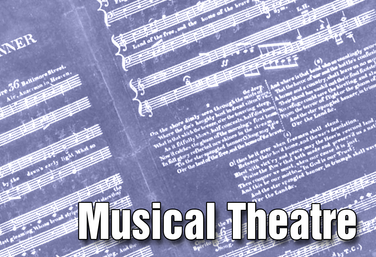
Musical Theatre
by Anna Porter

Agatha Rex and Ancient Greek Theatre
by Angel Borths

Shakespeare Performance
by Anna Porter

Unlocking Shakespeare's Text
by Anna Porter
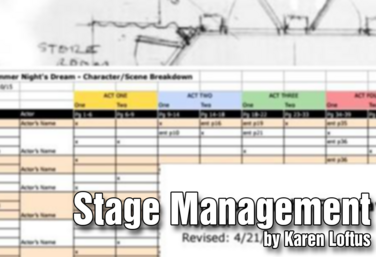
Stage Management
by Karen Loftus
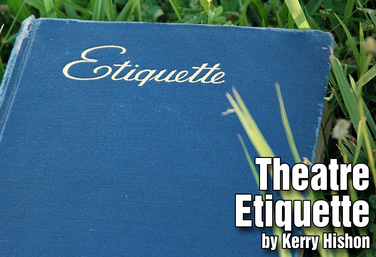
Theatre Etiquette
by Kerry Hishon
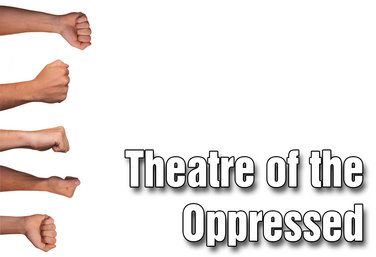
Part of the Middle School Curriculum
Unit Eight: Theatre of the Oppressed
by Lindsay Johnson

Scene Staging
by Lindsay Price

Spoken Word Poetry
by Quincy Young
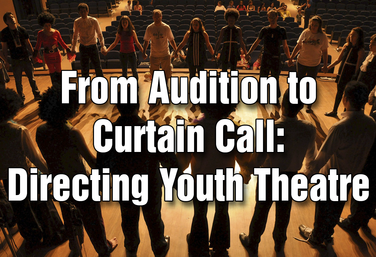
From Audition to Curtain Call: Directing Youth Theatre
by Steven Stack

Friendly Shakespeare
by Todd Espeland
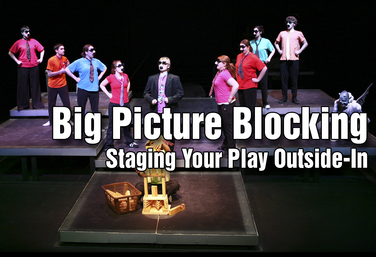
Big Picture Blocking: Staging Your Play Outside-In
by Todd Espeland

Concept-Based Design for the Theatre Teacher
by Matt Webster
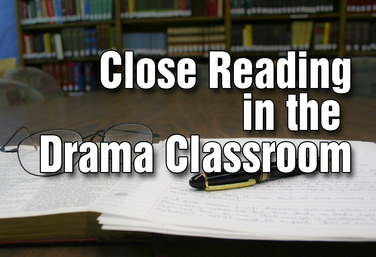
Close Reading in the Drama Classroom
by Lindsay Price
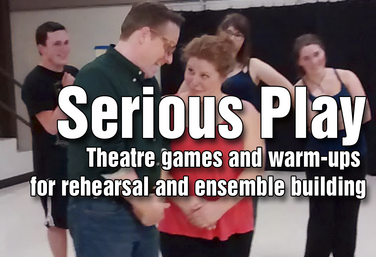
Serious Play: Theatre Games and Warmups for Rehearsal and Ensemble Building
by Todd Espeland
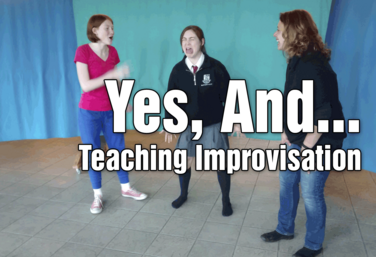
Yes, And... How to Teach Improv
by Jennine Profeta

The Do-it-All Director's Introduction to Set Design
by Holly Beardsley
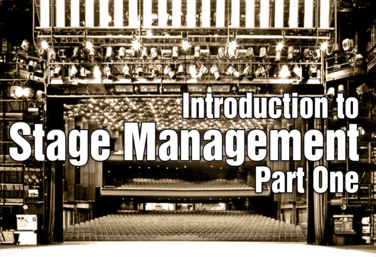
Introduction to Stage Management Part One
by Karen Loftus
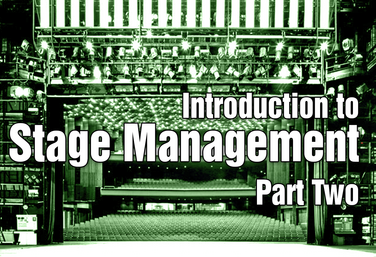
Introduction to Stage Management Part Two
by Karen Loftus
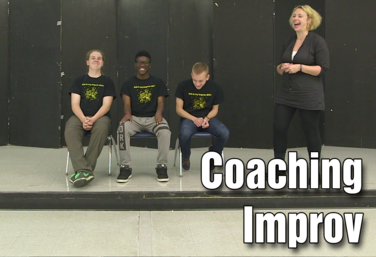
Coaching Improv
by Jennine Profeta
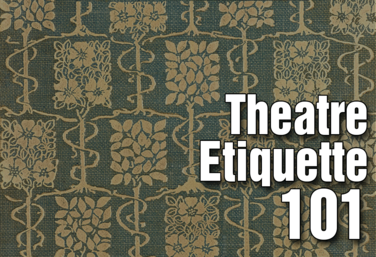
Theatre Etiquette 101
by Kerry Hishon

Impowerment Improv
by Jennine Profeta

SEL Through the Lens of Theatre
by Christa Vogt

Social Emotional Learning through Game Play
by Matt Webster